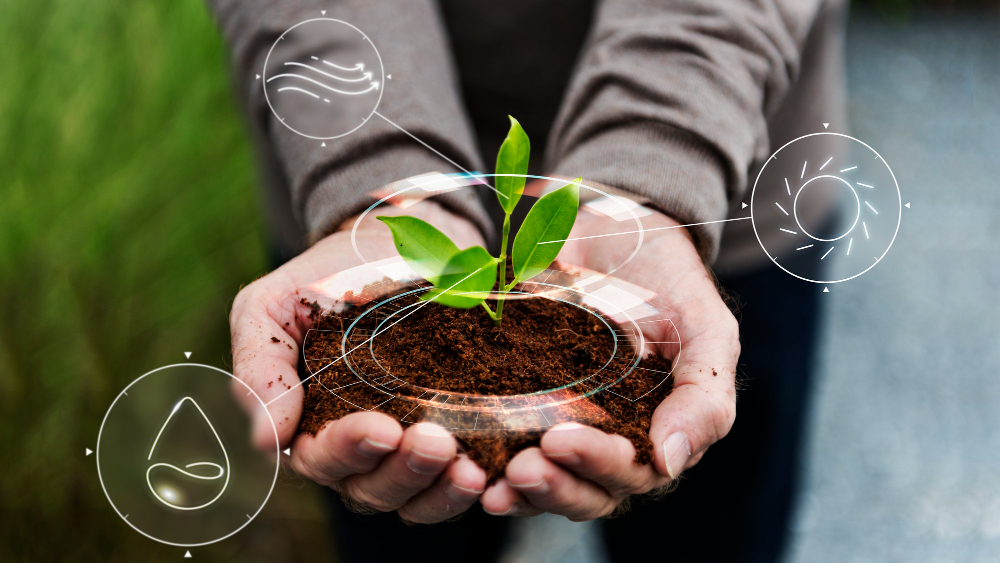Brazilian agribusiness is undergoing a transformation. With sustainable practices gaining ground, biological fertilizers are emerging as a promising alternative for improving agricultural productivity, reducing costs and preserving the environment. Within this context, Bill 658/21, which regulates the production and use of bio-inputs in Brazil, is an important milestone.
Bio-inputs are products of biological origin, such as microorganisms, plant extracts and organic compounds, used to protect crops against pests, promote healthy plant growth and restore soil fertility. They offer an effective and sustainable alternative to chemical pesticides, bringing economic and environmental advantages.
In Brazil, the use of biological fertilizers is on the rise. It is estimated that the global bio-inputs market could reach US$ 45 billion by 2032, according to a study carried out by CropLife Brasil – an association representing the chemical pesticides, bio-inputs, biotechnology, seedlings and seeds industry – and the Getúlio Vargas Foundation’s Economics Observatory.
They are especially relevant in crops such as soy, corn and sugar cane, where they are effective in reducing costs, as well as meeting the growing demand for sustainable agricultural products on the domestic and international markets. Despite the growth in their use in Brazil, regulatory and legal aspects prevent the accelerated use of these inputs. The lack of specific legislation for this type of product hinders its use.
The current legislation, based on Decree No. 10.375/2020, still has gaps and requires improvement, because it contains very generic and ambiguous definitions, making practical application difficult and generating legal uncertainty for both producers and companies. The law imposes excessive bureaucracy, especially when it comes to on-farm production, and also fails to establish economic or financial incentives for the adoption of bio-inputs.
The main objective of the bill is to regulate the production, use and marketing of biological inputs in Brazil. With the recent approval in the House and Senate, farmers will be able to produce biological assets on their properties, cutting red tape, encouraging the adoption of sustainable practices and ensuring legal certainty for farmers and companies in the sector. In addition, by providing clearer guidelines for the development and use of these inputs, the Bill strengthens the National Bioinputs Program, created in 2020.
With the adoption of the new rule, farmers will be able to overcome a number of limitations, as the bill stipulates, for example:
- Debureaucratization of “On Farm” production: no need to register bio-inputs produced and used exclusively on the farm, reducing costs and making it easier for small and medium-sized farmers to adopt them.
- Simplifying the registration of commercial products: defines clearer and more efficient criteria for the registration of bio-inputs intended for commercialization.
- Encouraging sustainability: encourages more sustainable agricultural practices, reducing dependence on high-cost imported chemical inputs.
The bill also stands out for strengthening legal certainty for the biological agents market, since it specifies what bio-inputs are, how they should be produced, marketed and what the responsibilities of producers and suppliers are, as well as ensuring that farmers who produce bio-inputs for their own use are not penalized, as long as they respect the applicable rules. Furthermore, by regulating the sector, it is possible to promote safer contracts between producers, suppliers, distributors and commercial negotiations.
With clearer and more favorable regulations, the bio-input market in Brazil has everything it takes to grow exponentially, reducing production costs, increasing the competitiveness of Brazilian agribusiness and contributing to environmental preservation. Therefore, by encouraging research and development, the bill can attract investment and promote innovation in the sector, creating a favorable ecosystem for the use of biological technologies in the field.








